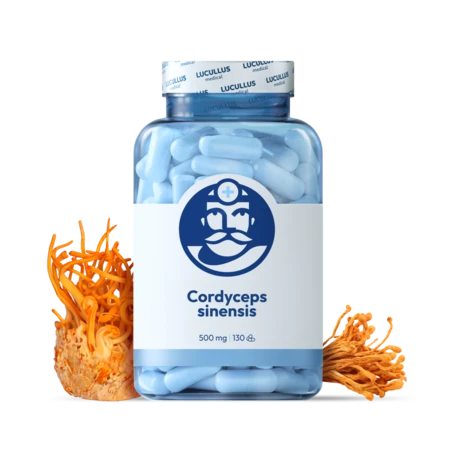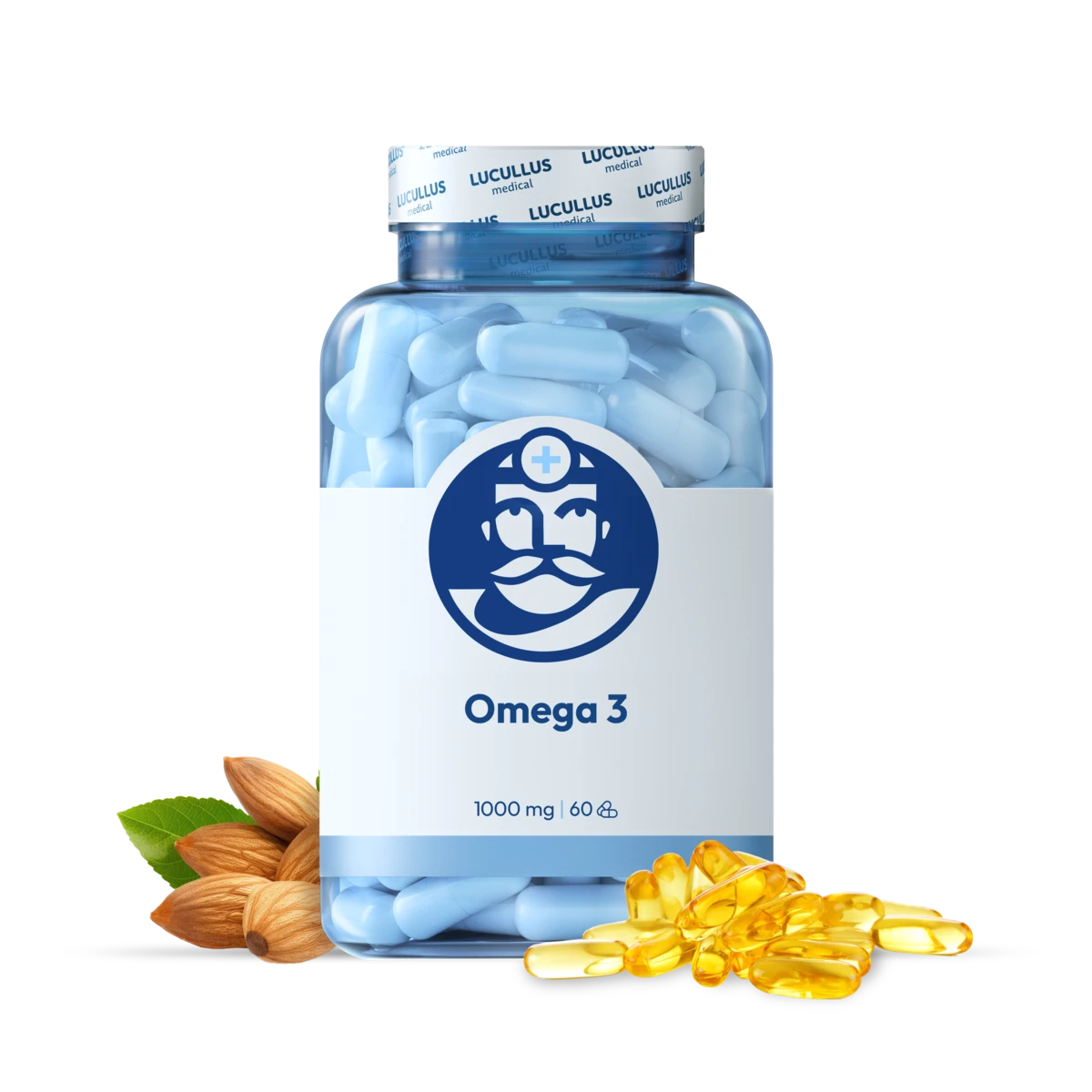
Omega 3, precious message of the sea
Do you long to wake up with ease in the morning, look fresher, not feel joint pain, have more energy, be able to focus, and feel better in your body? We could find the solution from fishermen who got up earlier than the sun each morning, went out to the sea, and greeted the new day with a smile. These were men who never knew the doctor, had sharp minds even in old age, their hands still firmly held the fishing nets and they lived functional longevity, often working into their 90s. The fishermen's treasure was exactly fish oil, which works similarly to a lubricant for our body: it helps the heart pump blood, keeps the mind fresh, and joints flexible, without it, the joints would be like an old creaking ship. The message that the sea gives us what we need was conveyed to future generations because some gifts of health are too precious to keep to oneself.

Milk Thistle and Liver
If you're active on social media, the term Milk Thistle is probably already familiar to you. It's a phenomenon of the year 2024, with adverts for this "miracle herb" everywhere. Unlike other dietary supplements, there is no one who doubts the effects of this plant. Opinions only differ on individual products and their processing methods. So what is the miracle of this thistle?

Calming Magnesium (Magnesium Bisglycinate)
Magnesium is an essential mineral for the proper functioning of the body. The name magnesium originates from the Greek city of Magnesia, where this element was first discovered in 1755. It is the 8th most abundant element on Earth, constituting about 2% of the Earth's crust. It has a naturally sour taste, which is also present in mineral waters. We find it in every cell of a green plant, and (magnesium ions are present) also in every cell of the human body. Our body needs magnesium for more than 300 biochemical processes, such as energy production and nucleic acid synthesis, maintaining the correct heart rhythm, and blood pressure. It's hard to find a process in the body that magnesium does not affect.

Vitamin B2 Riboflavin
Besides the well-known B-Complex mix of B vitamins, individual vitamins can also be purchased as solo supplements. Why is this good? The well-known set of B vitamins is a suitable dietary supplement if you have an overall deficiency of vitamins in the body. However, if you are dealing with a specific problem, it is sometimes more appropriate to reach for the exact type of vitamin you need to supplement. So why is vitamin B2 needed?

B3 - example that food is medicine
Niacin was long considered a mere part of the diet until it was discovered that its deficiency causes skin, digestive, and mental problems known as pellagra. Doctor Goldberger proved that the cause of this disease is not an infection but a one-sided diet without vitamin B3. He conducted an experiment on himself and his colleagues, who consumed exclusively poor diets and began to show symptoms of pellagra. However, when they added nutrients rich in niacin to their diet, the symptoms disappeared. In 1937, niacin was isolated from the liver, confirming its importance and nutritional value.

The First of Vitamins - B1
Maybe it's burnout ... that's the current description of the state when we feel different. When the coffee we loved no longer works and in the afternoon we are overwhelmed by unbearable fatigue, when in the evening we have no strength for anything, neither for sports nor for friends. And certainly not for another day at work. A nutritionist would describe this state with further findings of our diet with the words - „ You have a lack of thiamine (B1), which is essential for the proper functioning of the nervous system and the conversion of food into energy. Your diet is full of processed carbohydrates, but almost without B1. And when the body doesn't have enough thiamine, you can feel fatigue, forgetfulness, irritability, and even anxiety. And caffeine? It depletes thiamine in the body even more!“ We certainly wouldn't think that this state could be caused by a “triviality”. After all, many of us don't register thiamine, I admit it was also my case. This first of the discovered vitamins in 1912 was named by the Polish biochemist Funk with the term vita (necessary for life), amine (substances that contain nitrogen). Since then, it has gained more names, like aneurin, and for 25 years we have called it thiamine. It is essential, meaning it cannot be synthesized and must come from the diet. It sounds almost frightening that without it we wouldn't survive longer than a few days, at most weeks. This is because the body cannot store it for long and it is necessary to ensure its intake regularly, as it is irreplaceable for the proper functioning of the organism. On the contrary, its abundance helps improve concentration and memory.






























